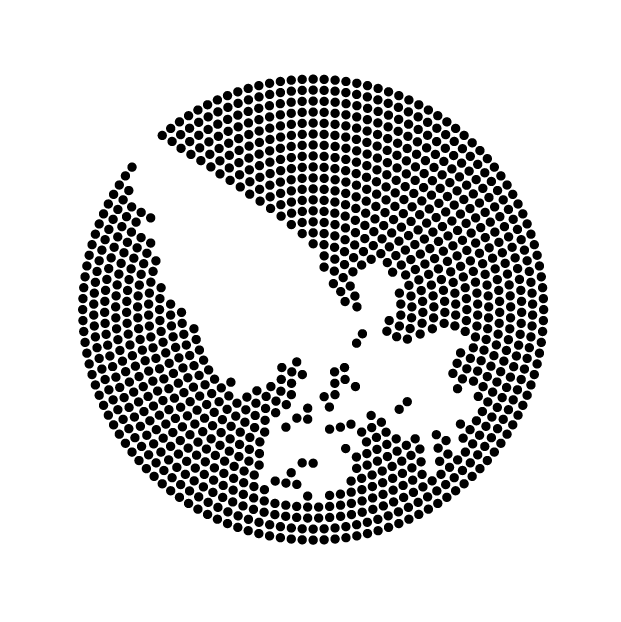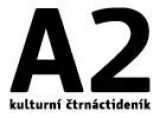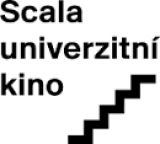Seasons
2023/24
Season 49:
The End of Illusions
2022/23
Season 48:
Closeness
2021/22
Season 47:
Degrowth
2020/21
Season 46:
Adaptation
2019/20
Season 45:
Sources
2018/19
Season 44:
Work
2017/18
Season 43:
Eternal return — Crisis of the future
2016/17
Season 42:
Us and them
2015/16
Season 41:
Individualistic society — To be (with) someone?











